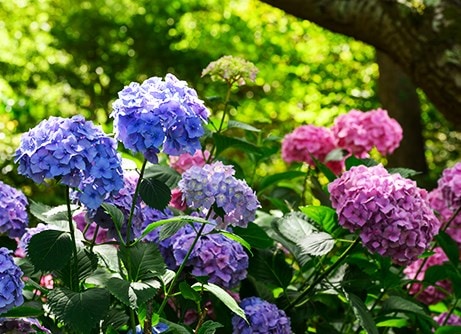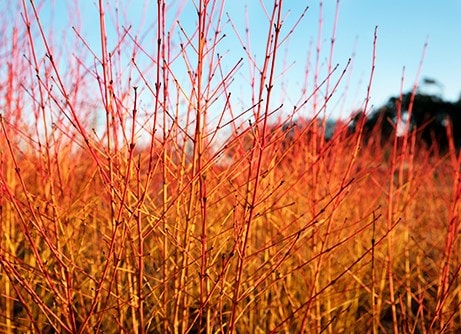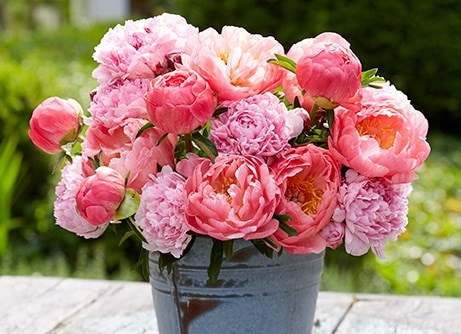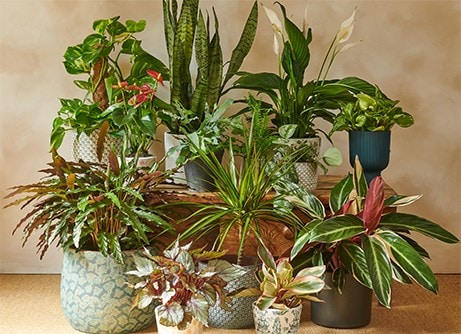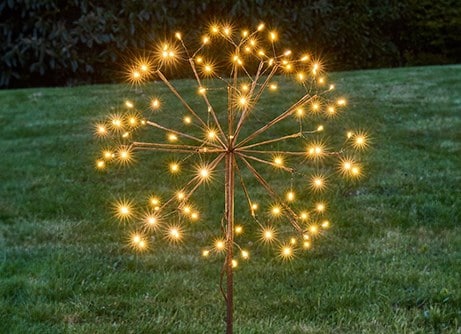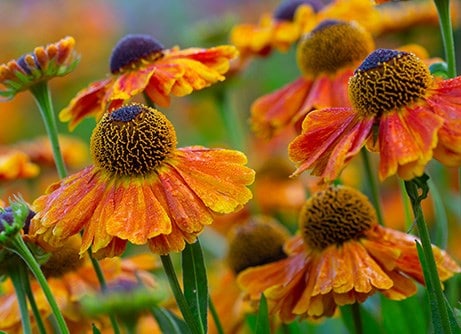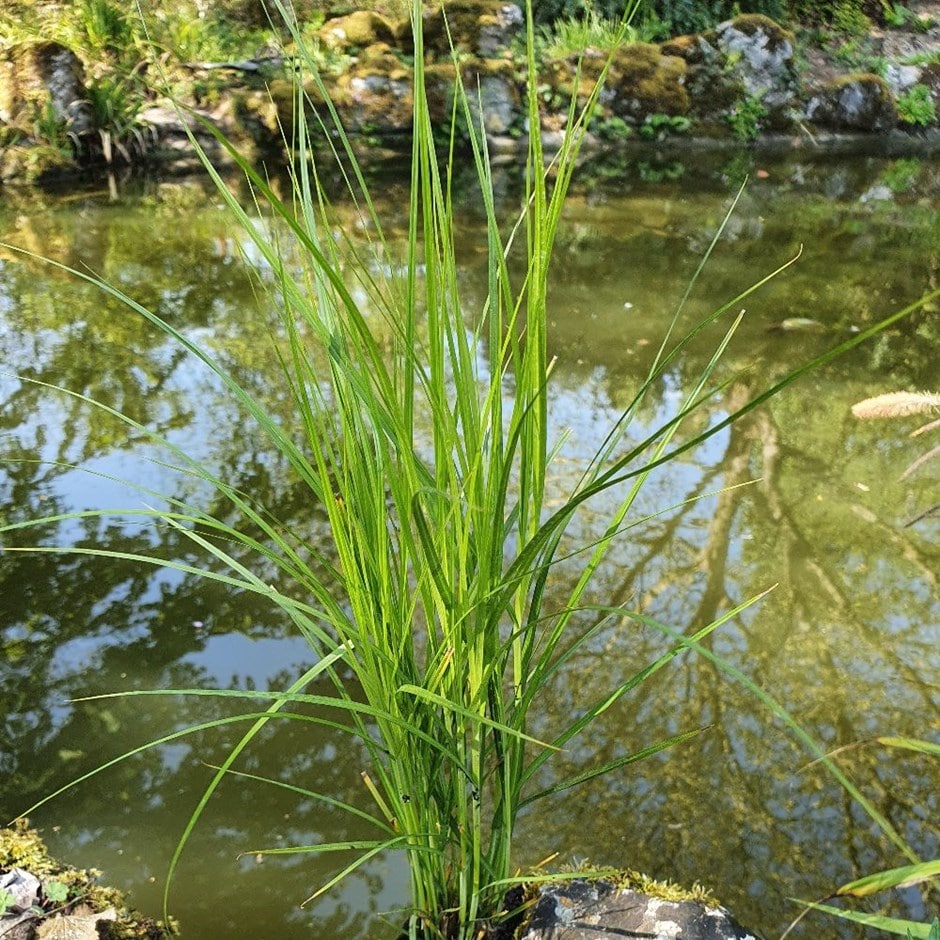-
Offers
-
Plants
Outdoor plants by type
Seasonal plants
Plants for pollinators
Grow your own
-
Bulbs
Summer bulbs by type
Planting essentials
-
Indoor Plants
By type
Shop by room
Shop by light
Plant care and accessories
Shop our favourites
-
Pots
Outdoor pots by type
Outdoor pots by material
-
Tool Shed
Garden equipment
Garden tools
- New tools
- Cutting & pruning tools
- Digging
- Weeding tools
- Bulb planting tools
- Tool care and accessories
Potting & propagating
Plant protection
Plant support
Landscaping
-
Outdoor Living
Outdoor living
Lighting
- Festoon and string lights
- Solar lighting
- Tealights holders & lanterns
- Path & stake lights
- Decorative lights
Birdcare & wildlife
-
RHS AGM
Garden Staples
Grow your own
Inspiration
-
Gifting
RHS curated gifts
RHS Gift Cards
-
Basket
Information & Help
My account


